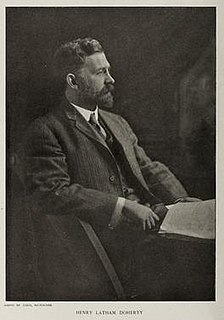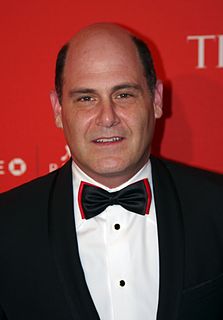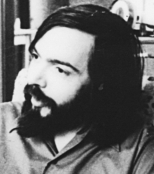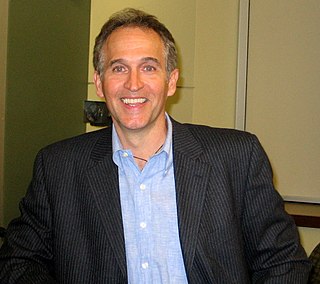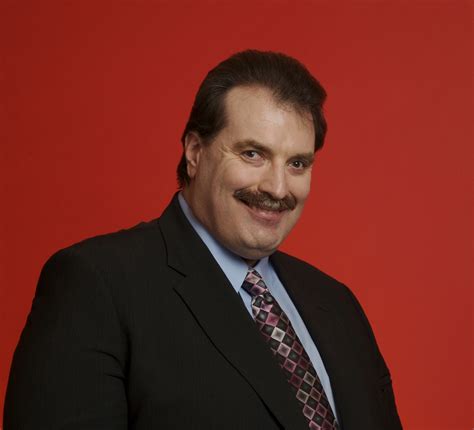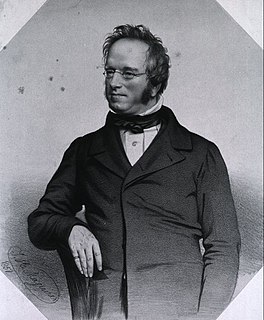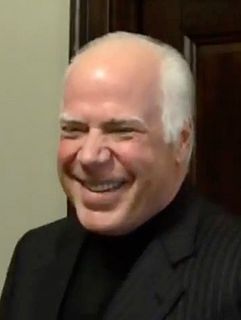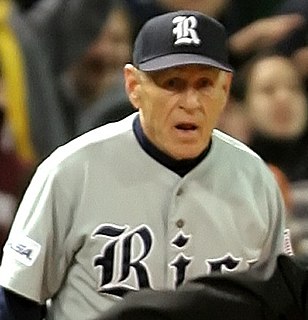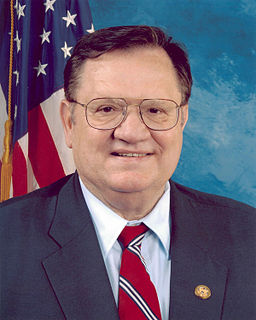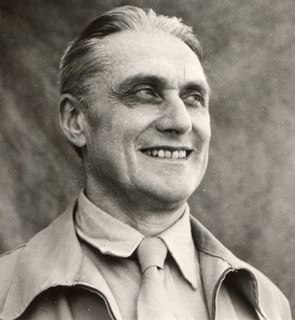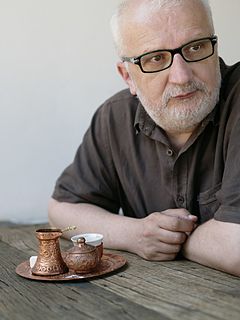Top 1200 Health Problems Quotes & Sayings - Page 20
Explore popular Health Problems quotes.
Last updated on November 8, 2024.
The Affordable Care Act is a huge problem. [Repealing the ACA is] going to have huge implications. We have millennials that live in Boston that are on their parents' health insurance. The businesses have hired them and have been able to hire more people because they have been able to be on their own health insurance. We have seniors in our city who have preexisting conditions, or something called a "donut hole," which is a prescription drug [gap] in Medicare. Whatever changes they make could have detrimental effects on people's health care, but also on the economy.
When you travel you realize how small you are. You need to be humble. You can't be a big, brash American. You think you have problems. You leave the States and you see people have bigger problems than you, much worse problems than you. They have nothing to eat, they have no water, they have no shelter, they have a terrible government. So you realize we complain about the government, we complain about food, whatever it is, and go somewhere else and you think, "Now I realize," you say, "Why people want to come to America."
When it comes to the health of our families, Barack refused to listen to all those folks who told him to leave health reform for another day, another president. He didn't care whether it was the easy thing to do politically - that's not how he was raised - he cared that it was the right thing to do.
It is therefore absurd to approach the subject of health piecemeal with a departmentalized band of specialists. A medical doctor uninterested in nutrition, in agriculture, in the wholesomeness of mind and spirit is as absurd as a farmer who is uninterested in health. Our fragmentation of this subject cannot be our cure, because it is our disease. The body cannot be whole alone. Persons cannot be whole alone. It is wrong to think that bodily health is compatible with spiritual confusion or cultural disorder, or with polluted air and water or impoverished soil.
The [Hobby Lobby Supreme Court] ruling raises the question of why, uniquely in the industrialized world, Americans have for so long favored an arrangement in health insurance that endows their employers with the quasi-parental power to choose the options that employees may be granted in the market for health insurance.
Pure love is the best medicine for the modern world. This is what is lacking in all societies. The root cause of all problems, from personal problems to global problems is the absence of love. Love is the binding factor, the unifying factor. Love creates the feeling of oneness among people. It unifies a nation and its people. Love creates a sense of unity while hatred causes division. Egotism and hatred cuts people's minds into pieces. Love should rule. There is no problem which love cannot solve.
The oceans are in trouble. There are some serious problems out there that I believe are not clear to many people. My hope is to continually find new ways of creating images and stories that both celebrate the sea yet also highlight environmental problems. Photography can be a powerful instrument for change.
Until society can be reclaimed by an undivided humanity that will use its collective wisdom, cultural achievements, technological innovations, scientific knowledge, and innate creativity for its own benefit and for that of the natural world, all ecological problems will have their roots in social problems.
If policy makers and program managers participate in an interdisciplinary assessment team, make informal visits to local families and have in-depth conversations with local providers and health authorities, the real needs and complex challenges of organizing good reproductive health services become apparent.
The morbid states of health, the irritableness of disposition arising from unstrung nerves, the impatience, the crossness, the fault-finding of men, who, full of morbid influences, are unhappy themselves, and throw the cloud of their troubles like a dark shadow upon others, teach us what eminent duty there is in health.
I think that for all of the dangers of technology spreading, I think it is more dangerous in some ways that it doesn't. My simple reason for that is we've got 7 billion people on the planet, and we have these very serious problems, and I think we don't know who's going to have the answers to the problems that are coming around the bend.
Our young people are diseased with the theological problems of original sin, origin of evil, predestination, and the like. These never presented a practical difficulty to any man,--never darkened across any man's road, who did not go out of his way to seek them. These are the soul's mumps, and measles, and whooping- coughs, and those who have not caught them cannot describe their health or prescribe a cure. A simple mind will not know these enemies.
New, unfamiliar, and mysterious threats to our health are scary. At the Centers for Disease Control and Prevention - where we identify, on average, one new health threat each year - we work around the clock with an approach that prioritizes finding out what we need to know as fast as we can to protect Americans.
Unintended consequences get to the heart of why you never really understand an adaptive problem until you have solved it. Problems morph and "solutions" often point to deeper problems. In social life, as in nature, we are walking on a trampoline. Every inroad reconfigures the environment we tread on.
This is what I would call old politics. This is the stuff we're trying to get rid of. Because the problem is, when we start breaking down into conservative and liberal, and we've got a bunch of set predispositions, whether it's on gun control, or its' on health care, any attempt to do health care is socialized medicine.
There are people who strictly deprive themselves of each and every eatable, drinkable, and smokable which has in any way acquired a shady reputation. They pay this price for health. And health is all they get for it. How strange it is. It is like paying out your whole fortune for a cow that has gone dry.




